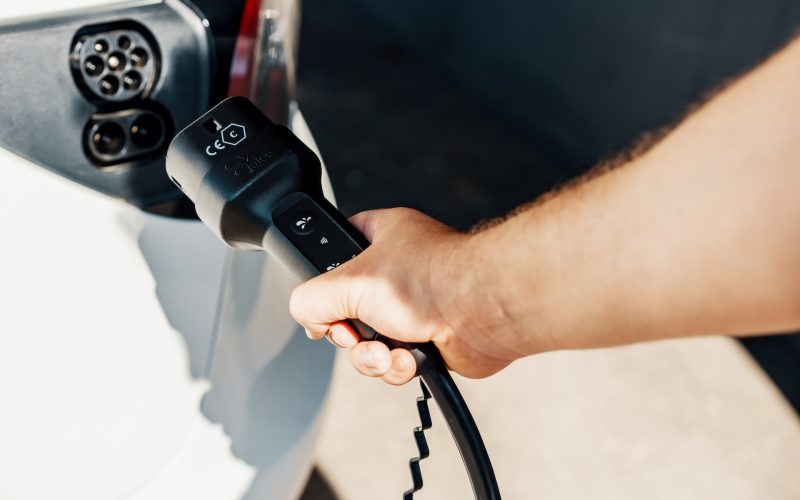As electric vehicles (EVs) continue to gain popularity, auto manufacturers are racing to develop new models and improve existing ones. While this competition is driving innovation and pushing the industry forward, it also brings increased risks of recalls due to quality issues.
According to recent reports, the number of EV recalls is on the rise. In 2020, there were 48 EV recalls in the US, up from just 13 in 2019. This trend is expected to continue as more EVs enter the market and manufacturers rush to meet consumer demand.
One of the reasons for this trend is the accelerated development process for EVs. Compared to traditional gas-powered vehicles, EVs have fewer components and are generally easier to design and build. This has allowed manufacturers to move more quickly from concept to production, but it also means that quality control may not be as rigorous as it should be.
Another factor contributing to the increased risk of recalls is the complexity of EV technology. With advanced features like autonomous driving, regenerative braking, and sophisticated battery management systems, EVs are more complicated than ever before. This complexity can lead to design flaws and manufacturing defects that may not be apparent until the vehicle is in use.
One example of this is the recent recall of the Hyundai Kona EV due to fire risks. In this case, a manufacturing defect in the battery cells caused several vehicles to catch fire. While the issue was eventually identified and addressed, it highlights the potential risks associated with complex EV technology.
To mitigate these risks, manufacturers will need to invest more in quality control and testing. This may require additional resources and longer development timelines, but it is necessary to ensure that EVs are safe and reliable for consumers.
Additionally, regulators will need to play a more active role in overseeing the EV industry. While many governments have set targets for EV adoption and provided incentives for consumers to buy them, there has been less focus on ensuring that these vehicles are safe and reliable. By setting and enforcing strict quality standards, regulators can help ensure that the EV race to the top does not compromise consumer safety.
Despite these challenges, the benefits of EVs are clear. They are more efficient, better for the environment, and offer a smoother and quieter driving experience. As the industry continues to evolve, manufacturers and regulators must work together to ensure that these benefits are not outweighed by the risks of accelerated development and increased recall rates.












